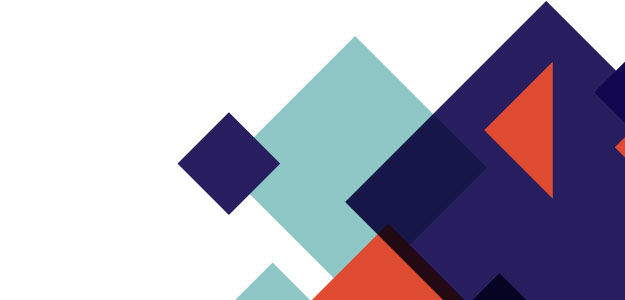
Relocating to a new country is both exciting and overwhelming. From navigating a new culture to securing a job and finding housing, every aspect of settling in comes with its own challenges. One of the most important things newcomers need to get a handle on is their finances. Understanding the Canadian financial system, finding the right financial institution, and building a solid financial foundation are crucial steps in setting up a successful life in Canada.
Fortunately, Canada offers a wide range of tools and opportunities to help newcomers build wealth and secure a financially stable future. By taking control of your financial education and understanding how to manage your money, you can build wealth while adjusting to your new life in Canada.
Choosing the Right Financial Institution for Your Needs
One of the first tasks is to open a bank account. Canada has a broad selection of banking options, including the major banks, local competitors, and over 200 credit unions. While the services provided by these institutions are quite similar, credit unions, in particular, can be an excellent choice for newcomers. Credit unions are community-focused financial institutions, which means they often offer personalized services, including help with navigating the Canadian financial system.
Building Your Credit: A Key to Financial Freedom
Establishing a credit history in Canada is essential for reaching your financial goals, whether it's renting a home, purchasing a car, or accessing better financial products.
You can apply for a credit card, sign up for a cell phone plan, or make purchases on installment plans. Make sure to always pay your bills on time and in full. This will ensure that your credit rating improves, which can help open doors to better interest rates, larger loans, and improved financial opportunities down the road.
Mastering Your Finances in Canada
Understanding your finances in Canada is the next step toward building wealth. Newcomers may face cultural and language barriers that make it difficult to fully grasp how things work, but the key is to take it step by step. The Canadian cost of living can vary depending on where you live, so it’s crucial to set a realistic budget and monitor your spending habits closely.
Take the time to learn the difference between good debt (like mortgages or student loans) and bad debt (like high-interest credit card debt or payday loans). Establishing healthy financial habits early on will set you up for long-term success. Many community groups or newcomer support services offer free financial literacy workshops aimed at newcomers, where you can learn the basics of budgeting, saving, and managing debt. These workshops often use simple, easy-to-understand language, making them a great resource for building your financial confidence.
Investing and Saving for the Future
Once you've established your financial foundation and have some savings, it's time to focus on investments and long-term wealth-building strategies. In Canada, there are various investment opportunities that are perfect for newcomers looking to build wealth over time.
Start by setting aside a percentage of your income for savings. Even if you begin with just 3%-10% of your paycheck, this habit can grow over time. When your financial situation improves, you can increase your savings rate. Focus on building emergency funds, saving for large purchases, and preparing for the future.
Here are a few Canadian investment and savings plans to consider:
-
Tax-Free Savings Account (TFSA)
A TFSA allows you to save and invest money tax-free. Whether you choose to invest in stocks, bonds, or mutual funds, the income earned inside the TFSA is not taxed. This account is ideal for newcomers who want to start investing early without worrying about paying taxes on their returns. Plus, you can withdraw money from a TFSA at any time without penalty, making it a flexible savings tool for short- and long-term goals. -
Registered Education Savings Plan (RESP)
If you have children, an RESP is a great way to save for their post-secondary education. The government will match your contributions, adding 20% up to $500 per year (with a lifetime maximum of $7,200 per child). This can significantly boost your savings for your child’s education while also taking advantage of tax-free growth until the funds are withdrawn for tuition expenses. -
Registered Retirement Savings Plan (RRSP)
An RRSP is one of the best tools for long-term retirement planning. You can contribute to an RRSP up until the age of 71, and these contributions can reduce your taxable income. Once you retire, you can use your RRSP to withdraw monthly income. RRSPs are also flexible: if you want to buy your first home, you can withdraw up to $35,000 without penalty through the Home Buyers’ Plan. You can also borrow funds for education under the Lifelong Learning Plan (LLP), with repayment terms that make it an appealing option for furthering your education or your family’s education.
These savings and investment accounts are just the beginning. If you’re unsure about which options are best for you, consider speaking with an ABCU financial advisor to help create a personalized wealth-building strategy: 1-888-929-7511 or general@abcu.ca.


